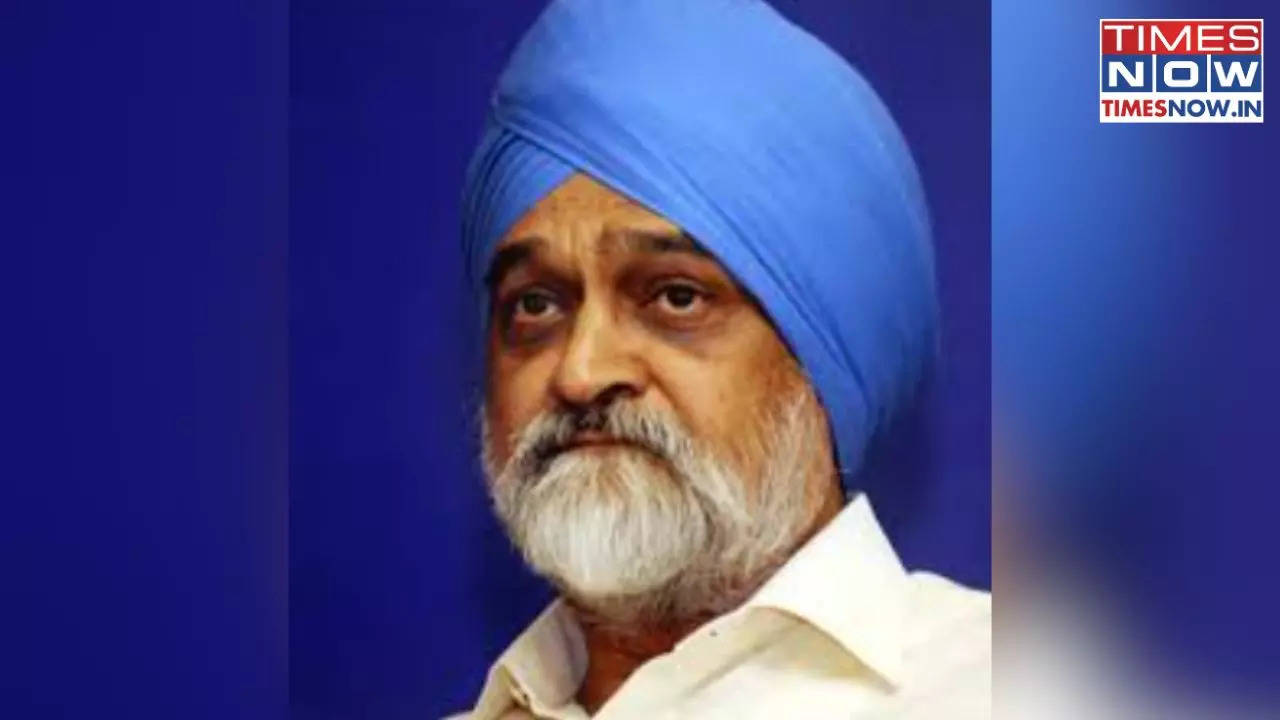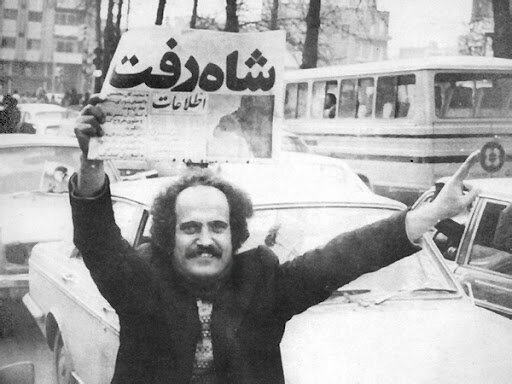
New Delhi: The Central Government’s decision to continue with the New Pension System (NPS) for its employees has found support from Montek Singh Ahluwalia, the former Deputy Chairman of the erstwhile Planning Commission. Ahluwalia has criticized states that are reverting to the Old Pension Scheme (OPS), calling it a “mistake.” The NPS was introduced in January 2004 by the Atal Bihari Vajpayee-led government to replace the OPS for most central government employees.
This system, unlike OPS, requires contributions from both the employee and the government. Under the NPS, employees contribute 10 per cent of their basic salary and Dearness Allowance (DA), while the government contributes 14 per cent. The OPS, in contrast, provided a guaranteed pension, typically 50 per cent of the last drawn salary, with the entire pension expenditure borne by the government.

Speaking to ANI, Ahluwalia explained that pension schemes based on the “pay-as-you-go” model, like the OPS, where the government pays pensions without making provisions for future liabilities, are not sustainable. He noted that transitioning to the NPS during the Vajpayee government was the right decision, which was upheld during the UPA years and continues for central government employees today. Ahluwalia emphasized that while the NPS could be modified to address employee concerns, bringing back the OPS would be a step backward.
“Going back to the Old Pension Scheme is a mistake,” he said, reiterating that the government must focus on sustainable pension models. Also Read: Meet Kevan Parekh: The Indian-American Behind Apple’s Finances, Earning An 8-Figure Salary The OPS was scrapped in 2004, but employee unions have since been demanding its reinstatement, arguing that the NPS does not provide a guaranteed pension like the OPS. These demands have led some states to revert to the OPS, despite criticism from economists and policymakers.
In response to ongoing demands, the Centre announced the Unified Pension Scheme (UPS) in August last year, which aims to guarantee a minimum pension for central government employees after retirement. The UPS is set to be implemented on April 1, 2025. However, the NPS will remain available for employees who prefer its structure.
Get Latest News Live on Times Now along with Breaking News and Top Headlines from Personal Finance, Business Economy and around the world..















